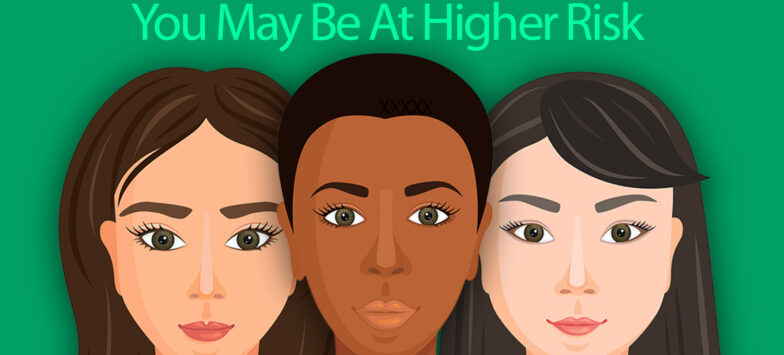
Did You Know: Glaucoma Runs in Families
Talk to Your Loved Ones About Glaucoma
Glaucoma is an eye problem that over time can lead to blindness. It usually happens when fluid builds up in the front part of your eye. That extra fluid increases the pressure in your eye, damaging the optic nerve. Glaucoma often has no symptoms in its early stages, so many people with glaucoma don’t realize they have it. This January, as we celebrate World Braille Day, let’s resolve to be aware of the serious risks of glaucoma and take steps to catch it early before it results in blindness.
According to the Glaucoma Research Foundation, numerous population-based studies have demonstrated that one of the greatest risk factors for glaucoma is a family history of the disease. In fact, your risk for glaucoma is 20% higher if glaucoma is in your family. The rate of glaucoma can be 10 times higher among individuals with a sibling who has glaucoma.
That means that one of the most important things you can do is to talk about glaucoma with your family and encourage them to take steps to preserve their vision.
In addition to the family connection, there are additional factors that increase your risk of developing glaucoma. You may be at higher risk if you:
• are over age 40
• have family members with glaucoma
• are of African, Hispanic, or Asian heritage
• have high eye pressure
• are farsighted or nearsighted
• have had an eye injury
• use long-term steroid medications
• have corneas that are thin in the center
• have thinning of the optic nerve
• have diabetes, migraines, high blood pressure, poor blood circulation, or other health problems affecting the whole body
For as yet unknown reasons, glaucoma occurs about five times more often in African Americans, and blindness from glaucoma is about six times more common. In addition, glaucoma often occurs an average of 10 years earlier than in other ethnic populations. To help identify the disease as soon as possible, African Americans should get a thorough check for glaucoma every one to two years after age 35.
Glaucoma may have no symptoms at first, but the earlier glaucoma is caught, the easier it is to treat. And if you have been diagnosed with glaucoma, encouraging your family members to get checked is a way to make sure they don’t lose vision, because once they do, they can’t get it back.
